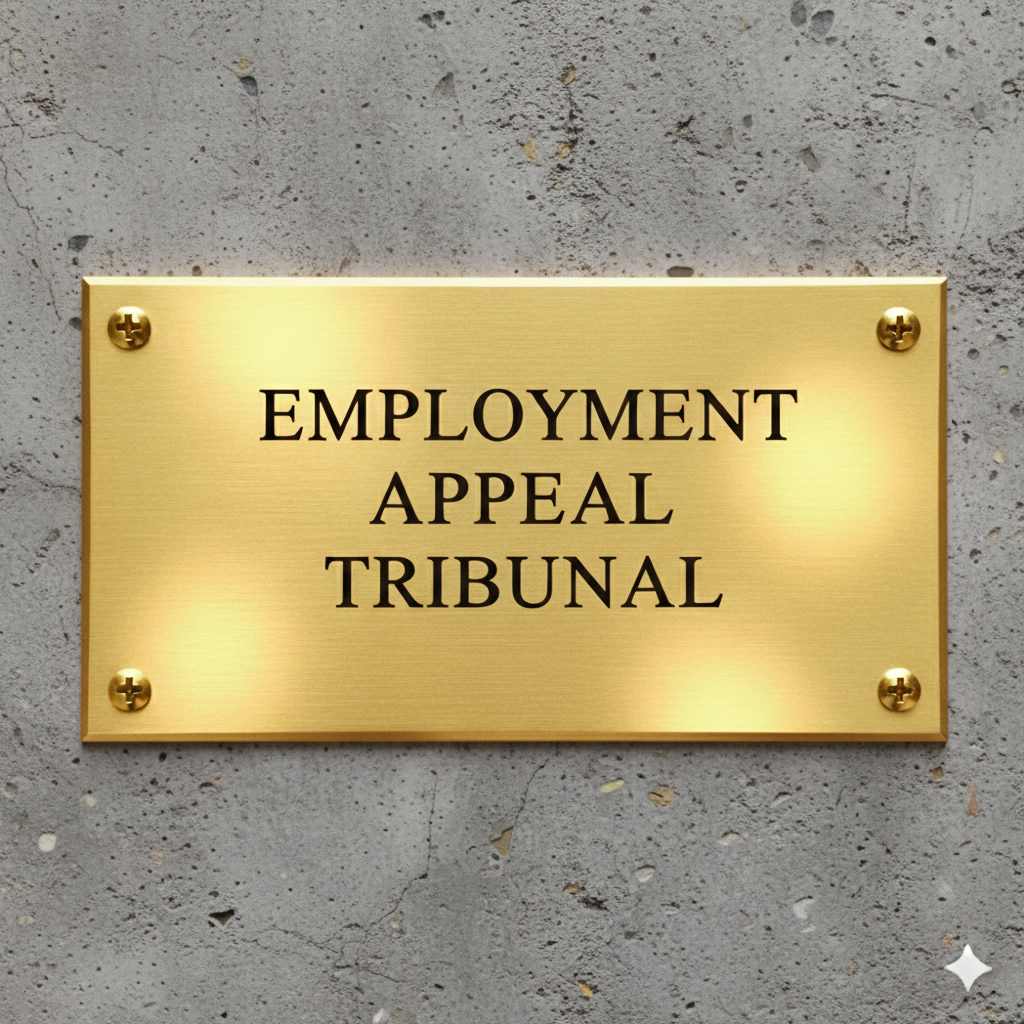Cennox Faces Re-Hearing After Tribunal Errors in Disability Discrimination and Constructive Dismissal Case
Cennox PLC will face a re-hearing after the Employment Appeal Tribunal (EAT) identified errors in the original tribunal's handling of a disability discrimination and constructive dismissal claim brought by Ms A Wainwright.
• public
Cennox Faces Re-Hearing Following Employment Appeal Tribunal Ruling
Cennox PLC is set for a re-hearing at the Employment Tribunal after the Employment Appeal Tribunal (EAT) overturned parts of an earlier judgment in the case of Wainwright v Cennox PLC ([2023] EAT 101). The EAT found that the original Employment Tribunal (ET) had made errors in its analysis of Ms A Wainwright's claims of disability discrimination and constructive dismissal.
Disability Discrimination Claim Under Scrutiny
The core of the appeal centred on whether acts of discrimination, specifically those arising from the consequences of Ms Wainwright's cancer diagnosis (contrary to Section 15 of the Equality Act 2010), constituted fundamental breaches of her employment contract. The EAT stated that the ET failed to adequately analyse whether these discriminatory acts amounted to repudiatory breaches, and if so, whether Ms Wainwright had affirmed her contract despite them. Furthermore, the EAT stated that consideration should have been given to whether these breaches materially contributed to her decision to resign, referencing the case of Williams v Alderman Davies Church in Wales Primary School [2020] IRLR 589.
Constructive Dismissal Concerns
Regarding the 'ordinary' constructive dismissal claim, the EAT found the ET's reasoning inadequate. The EAT questioned why Ms Wainwright's objections to other employer actions (deemed non-discriminatory) invalidated her acceptance of discriminatory acts as repudiating her contract. The EAT cited Nottinghamshire County Council v Meikle [2004] IRLR 703, emphasising that while the resignation needed to be in response to a fundamental breach, it didn't necessarily need to be the *sole* cause of the resignation.
Key Tribunal Findings
Ms Wainwright, a long-serving employee, resigned from Cennox in September 2019. Prior to her resignation she had been diagnosed with cancer in August 2018. During her absence, a colleague was offered her Head of Installations role. On her return, Ms Wainwright felt demoted, leading to a formal grievance and eventual resignation. The ET initially found in Ms Wainwright’s favour regarding certain Section 15 Equality Act 2010 claims, specifically in relation to the colleague's permanent appointment and misleading communications regarding the permanence of the colleague's appointment.
Remittal for Re-Hearing
The EAT remitted the case for a re-hearing by a new Employment Tribunal. The new tribunal is tasked with reconsidering the claims of constructive unfair dismissal, discriminatory dismissal, and wrongful dismissal, taking into account the EAT’s findings and applying the correct legal tests. The re-hearing will not revisit the original tribunal's findings on direct discrimination and victimisation claims.
Impact on Employers
This case serves as a reminder to employers to carefully consider the impact of decisions made during an employee’s absence due to illness, particularly regarding reorganisation and changes to roles. Clear and transparent communication is paramount, especially when dealing with sensitive situations involving disability. Employers must ensure their actions do not breach the implied term of mutual trust and confidence in the employment contract.
Read the entire judgement here: Ms A Wainwright v Cennox PLC [2023] EAT 101
